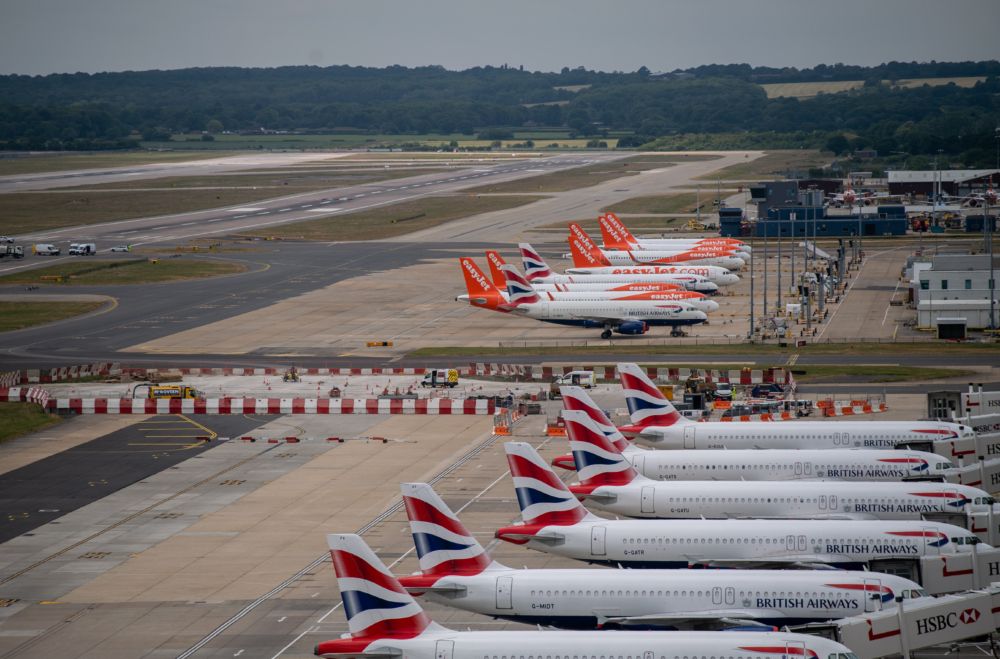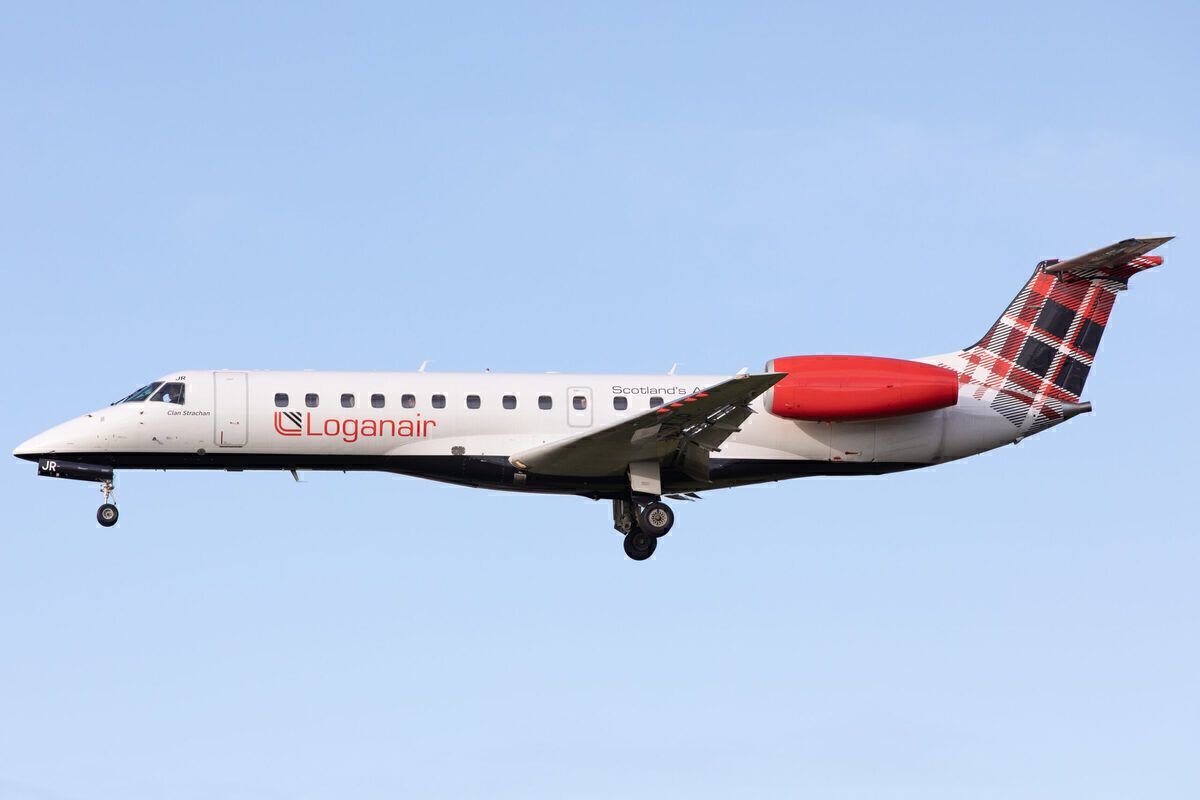The UK Civil Aviation Authority (CAA) has issued a landmark package of measures for pilots living with HIV in partnership with the Terrence Higgins Trust, the National AIDS Trust and the British HIV Association. The move will allow UK pilots with HIV to work unrestricted and also applies to air traffic controllers.
UK's CAA updates HIV guidance
The CAA has made a series of changes to its policies regarding HIV-positive pilots and aviation workers that will enable those living with HIV to work unrestricted.
The new guidance alters how pilots with HIV will be medically assessed to obtain and continue to hold their UK licenses.
Richard Moriarty, CEO of the UK Civil Aviation Authority, said,
"The UK will continue to lead the way in supporting pilots living with HIV to fly safely and pursue their careers and dreams. Recent medical advances mean that if someone with HIV effectively manages their condition, they should be able to live a near-normal life. Our new guidance recognizes this."
Changes include making it easier to obtain unrestricted (Class 1) medical certification, reducing the requirement for additional cognitive testing and improving Class 3 medical certificate access to work as air traffic control officers.
Ian Green, Chief Executive of Terrence Higgins Trust, said,
"These landmark changes, removing the final barriers to people living with HIV having a full career as a commercial pilot, reflect the huge progress we’ve made in the fight against HIV over the last 40 years and mark the UK as a global leader in HIV aviation policy. Outdated restrictions were holding pilots living with HIV back in their careers, but now the Civil Aviation Authority’s policies and practices will reflect the reality of living with HIV today."
Under the new guidance, the CAA recognizes that "there is a much lower risk of a pilot suffering conditions that could impair their ability to safely fly aircraft" with a timely diagnosis of HIV and antiretroviral therapy.
Six-month amnesty
Pilots and air traffic controllers who have not revealed an HIV-positive diagnosis will be granted a six-month amnesty period to change their medical records by coming forward to the CAA in total confidence.
During this period, they will not be subject to enforcement action for not previously declaring their positive HIV status.
Richard Moriarty added,
"I want to appeal personally to anyone who has previously not declared their HIV status to contact us within the next six months, so we can reset this with you in total confidence."
Discover more aviation news with Simple Flying.
Successful campaigning
This week's changes are the culmination of five years of campaigning by a UK pilot, James Bushe, who was unable to obtain Class 1 medical certification after applying in 2017.
Bushe was rejected despite the fact that pilots who had already qualified and subsequently contracted HIV were permitted to fly. The CAA would later make changes to its rules in 2018 before Bushe realized his dream of becoming a pilot in 2020.
Deborah Gold, Chief Executive of National AIDS Trust, said,
"We are delighted the Civil Aviation Authority has listened to our concerns and pilots can now declare their HIV status without it getting in the way of their job. HIV is now a manageable long-term health condition and people with HIV can live long and healthy lives. There is no medical reason why HIV should stand in the way of any job, including flying planes, and it’s great to see UK aviation industry policy recognizing this."
What do you think of the CAA's changes regarding pilots living with HIV? Let us know in the comments.



